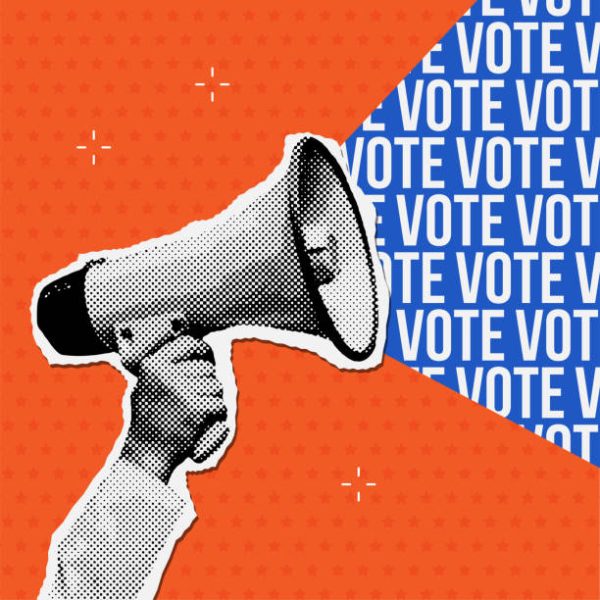Advocate wants an “ally” | DeKalb Rise Up seeks disability awareness
October 2, 2017
DeKALB — Shamira Williams, who has cerebral palsy, said she’s thrilled about Disability Awareness Month because she thinks it will help call attention to some of the nuanced social issues faced by herself and others with disabilities.
DeKalb Rise Up officials have come together for October to coordinate the month-long initiative in hopes of increasing awareness about issues encountered by people with disabilities.
The organization has partnered with various groups and business owners throughout the city and embedded in the university to engage the community with free activities that range from the Accessible Skate and Wheelchair Race at Fargo Skateboarding, 629 East Lincoln Highway, to a performance art night at The House Cafe, 263 East Lincoln Highway.
“What I do want is more people to be more educated and aware; I want an ally,” said Shamira, a freshman non-governmental organization studies major. “I don’t think they understand what it’s like.”
The idea of Disability Awareness Month first began in 1945 after Congress declared the first week in October the “National Employ the Physically Handicapped Week” after the public began to focus on World War II veterans who returned home with disabilities. “Physically” was removed from the name in 1962 to include those with a multitude of disabilities, according to the U.S. Department of Labor website.
The university provided 546 students with coordinated services in spring 2017 that ranged from reformatting text materials to exam accommodations, according to a fall 2017 Disability Resource Center newsletter.
Shamira said in addition to running into problems related to accessibility, she finds it difficult to make friends because people think they have to treat her differently.
“It’s really hard to make friends because when a person sees you, all they see is someone they have to help or someone they have to be careful around,” Shamira said. “People either treat you like a baby, or they think they have to be tough on you because you’ve been sheltered.”
Kelsey Williams, DeKalb Rise Up founder, said she was oblivious to issues people with disabilities face until her mother was diagnosed with inclusion body myositis, a progressive disease that weakens the muscles, which led to a strict diet and the gradual loss of physical mobility.
Kelsey said she has had awkward experiences with her mother and friends because of assumptions people have about Kelsey being a personal care assistant.
“I’ve watched as my mom went from being tall to a wheelchair, and I’ve noticed people don’t listen to her,” Kelsey said. “Even if they hear her, they don’t listen to what she has to say.”
The month-long series is not just limited to those who have visible, physical disabilities; it includes individuals with less noticeable special needs such as depression or social anxiety, Kelsey said.
“I feel pretty confident that most people know someone who has a disability or special needs,” Kelsey said.
Another major component to the month-long series is community engagement, which Kelsey said will be established by providing people with the opportunity to meet new and different people and to have conversations about things that those who don’t have special needs are unsure about.
Kelsey said individuals can make a donation at a dollar amount of their choice in exchange for the donated items like paintings and crocheted scarves to raise funds for the free, public events.
Mark Robinson, owner of The House Cafe, said he allowed the organization to display art for donations to help fundraise for the series and agreed to host the Disability Open Mic and Performance Art Night at his business because of his support for the community.
“Our purpose is to support the community, and part of that is to support our disabled friends,” Robinson said.
Robinson said he thinks the Disability Open Mic and Performance Art Night are great opportunities to demonstrate that anyone can create art regardless of any impairments they may have. Robinson intends to perform a rendition of Prince’s “Sometimes It Snows In April,” a song about suicide.
“It speaks to some of the experiences I had as a kid and speaks to some of the things that happened in my family,” Robinson said.
Shamira, who has been advocating with various organizations around the university for the past two years, said she’s really excited to host some of the events and hopes people will begin to understand her position.
“I want people to understand; don’t get mad at me,” Shamira said. “Like people on the bus — don’t think it’s a privilege thing; it’s a service thing.”













